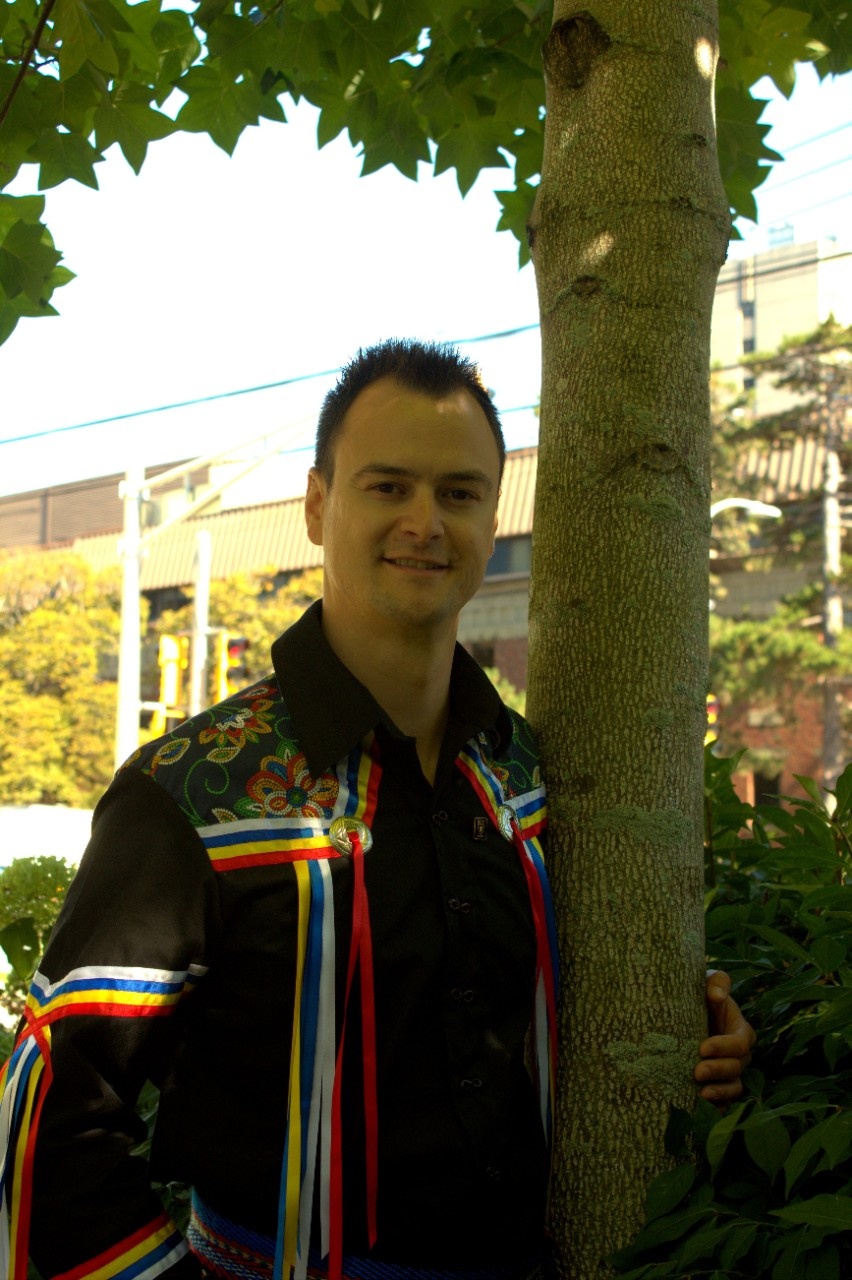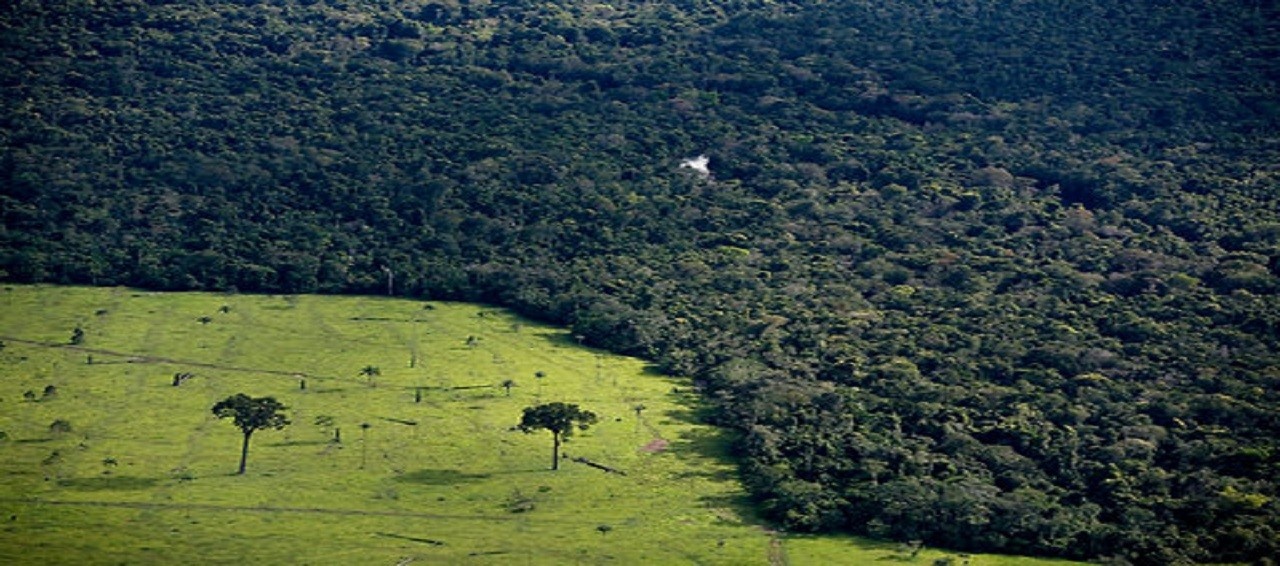Dylan Letendre
Dylan Andrew Young Letendre (BA IDS 2016).
Program Manager at Chebucto Connections, Halifax

Dylan Andrew Young Letendre says he is most passionate about things that have a personal connection to him.
“I’m passionate about my culture,” says Letendre. “I’m passionate about who I am and creating space for it to be okay for me to be who I am.”
“I’m passionate about creating space for us to become the community that we can be.”
Letendre is Métis from Saskatchewan and says it was difficult to ignore his experiences growing up – the history, struggles and inequity within society.
“In an ideal world I’d like to have been a professional rock climber, but I can’t ignore the fact that this is the world that we live in and there’s something more that I could be doing to contribute,” says Letendre.
Since 2016, Letendre has worked as the program manager of the Eastern Chebucto Hub Organization (ECHO Hub) at Chebucto Connections.
I’m passionate about my culture. I’m passionate about who I am and creating space for it to be okay for me to be who I am.
ECHO Hub is a formal partnership of 19 organizations, including Nova Scotia Legal Aid, St. Paul’s Family Resources Institute and the Nova Scotia Health Authority, that focus on serving the Spryfield community.
Letendre says the partnership’s focus is to do three things: work together to reduce duplication of services, free up resources to fill gaps in services and increase access to services through better cross-referring community members between organizations.
Letendre’s position involves case management, developing and supporting partnerships and working with staff to cross-refer community members. He also supports the development and delivery of community programs and initiatives that work to reduce marginalization and bring community members closer together.
Letendre also works on an initiative called Prescribing Possibility, which was launched in September 2017. A partnership between ECHO Hub and Spryfield healthcare practitioners, Prescribing Possibility supports patients in achieving positive health outcomes by addressing their Social Determinants of Health.
“I really enjoy what I’m able to do,” says Letendre. “I feel like I’m grappling with things that need to be grappled with.”
In addition to his position at ECHO Hub, Letendre volunteers within the community. Letendre works on a research team at Dalhousie University with the objective of publishing a series of papers on racism experienced by indigenous people in Halifax. He also does public education on co-existence and reconciliation in Canada.
While in school, Letendre volunteered for Amnesty International, became President of the Dalhousie Native Students Association (now the Dalhousie Indigenous Student’s Collective) and in his final year he worked part-time for Indigenous and Northern Affairs Canada.
Last spring, Letendre received an award for global citizenship by the Atlantic Council for International Cooperation.
Letendre started his undergraduate degree at the University of Saskatchewan. After his first year, Letendre moved to Halifax to study international development and economics at Dalhousie University.
For Letendre, the classes and time spent with Dr. Matthew Schnurr and Dr. John Cameron was the most valuable.
Letendre says Dr. Schnurr challenged students to grow and engage with the material. In addition, Letendre took a directed reading course with Dr. Cameron.
“That really helped me take the things that I was really passionate about, the reason why I went into this degree, and focus exclusively on them,” says Letendre. “It was made specifically for what I wanted to engage with and takeaway.”
It’s very important that we engage with these things internationally.
In 2016, Letendre graduated from Dalhousie University with a double major in International Development Studies and Economics.
Letendre says his work at ECHO Hub and in the community “definitely” relates to his studies in international development. He says the degree highlighted the connection between issues of inequity and poverty at home and around the world. For Letendre, there isn’t a separation between international and community development.
“It’s very important that we engage with these things internationally,” says Letendre. “But, I think equally we can’t address them internationally without also addressing them here.”
“You can’t just think about that one small thing. You have to consider the ripple effects of it and the ties it has to other pieces.”
I think equally we can’t address them internationally without also addressing them here.
Letendre advises IDS students to gain real world experience, question what is going on around them and determine their role and contribution.
“Start within the realm of what you know,” says Letendre. “Challenge yourself to learn more, to know more.”
*At the time of publication, Dylan had just accepted a position managing the International Indigenous Youth Internship Program with the Atlantic Council for International Cooperation (ACIC).
Start within the realm of what you know. Challenge yourself to learn more, to know more.
